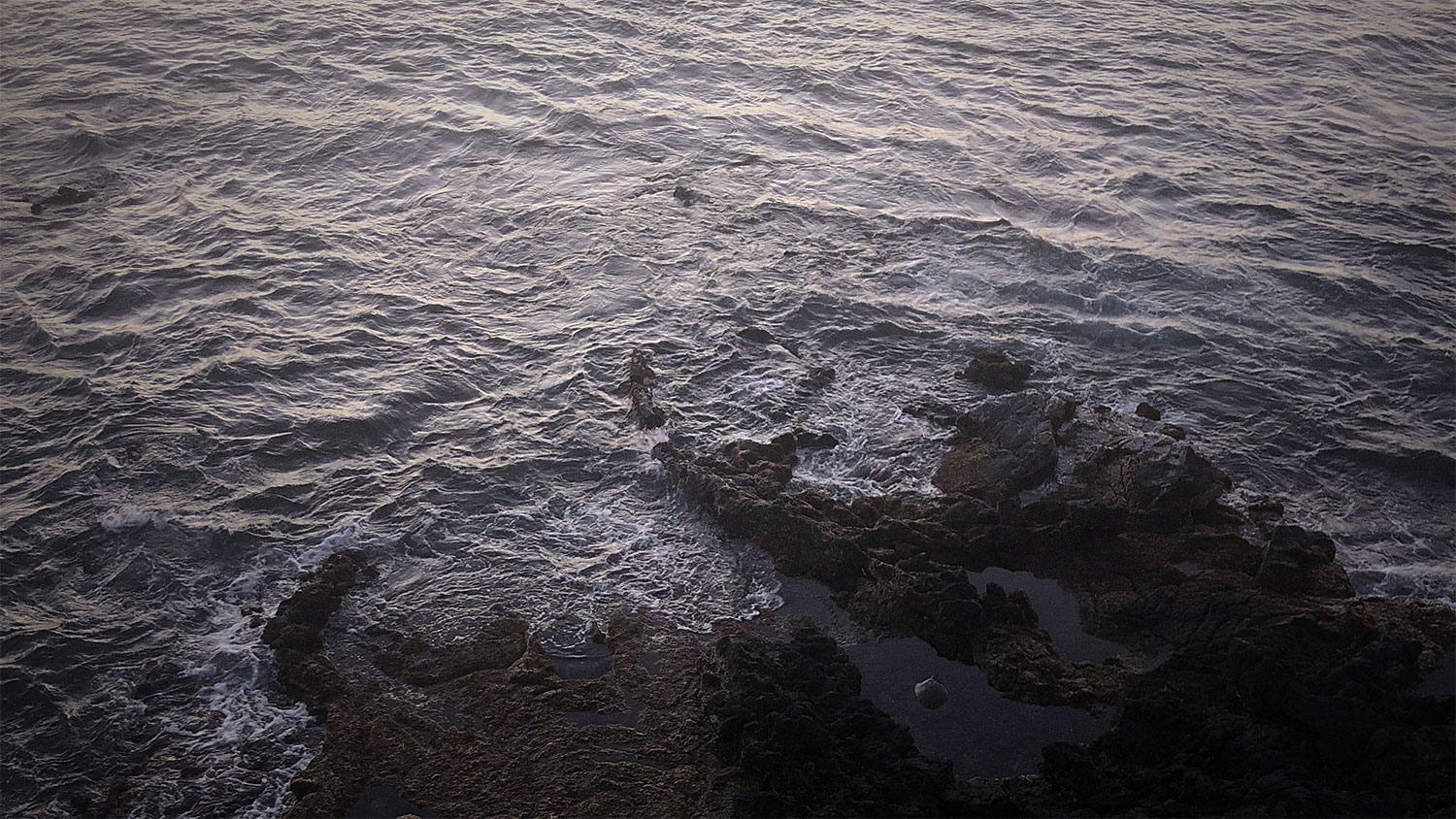February 2019
paraleipsis
5 February 2019, around 15.56.

As in a moment, some weeks or months passed without record. This is not to say that nothing happened.
Citation (61)
19 February 2019, around 7.20.
When we contemplate this display of passions and the consequences of their violence, the unreason which is associated not only with them, but even – rather we might say specially – with good designs and righteous aims; when we see arising therefrom the evil, the vice, the ruin that has befallen the most flourishing kingdoms which the mind of man ever created, we can hardly avoid being filled with sorrow this universal taint of corruption. And since this decay is not the work of mere nature, but of human will, our reflections may well lead us to a moral sadness, a revolt of the good will (spirit) – if indeed it has a place within us. Without rhetorical exaggeration, a simple, truthful account of the miseries that have overwhelmed the noblest of nations and polities and the finest exemplars of private virtue forms a most fearful picture and excites emotions of the profoundest and most hopeless sadness, counter-balanced by no consoling result. We can endure it and strengthen ourselves against it only by thinking that this is the way it had to be – it is fate; nothing can be done. And at last, out of the boredom with which this sorrowful reflection threatens us, we draw back into the vitality of the present, into our aims and interests of the moment; we retreat, in short, into the selfishness that stands on the quiet shore and thence enjoys in safety the distant spectacle of wreckage and confusion.
But in contemplating history as the slaughter-bench at which the happiness of peoples, the wisdom of states, and the virtue of individuals have been sacrificed, a question necessarily arises: To what principle, to what final purpose, have these monstrous sacrifices been offered?
unmoored
28 February 2019, around 15.59.

I inquired for a walk, and, mounting near two hundred steps made round a rock, walked up and down for about a hundred yards viewing the sea, to which I quickly descended by steps that cheated the declivity. The ocean and these tremendous bulwarks enclosed me on every side. I felt the confinement, and wished for wings to reach still loftier cliffs, whose slippery sides no foot was so hardy as to tread. Yet what was it to see? – only a boundless waste of water – not a glimpse of smiling nature – not a patch of lively green to relieve the aching sight, or vary the objects of meditation. (Letter XI)
I recently finished reading Wollestonecraft’s Letters written during a short residence in Sweden, Norway, and Denmark and I want to have something to say about it, but I find that I don’t. This is partially because it was one of the books I managed to misplace in December, but also because the creeping melancholy of the text – the ways in which travel was supposed to remedy despair and ultimately could not – warred with peevish descriptions of accommodations on the road, 1 as Wollstonecraft patronized (from her standpoint of ‘superior culture’) and was patronized in turn (from the standpoint of greater local knowledge, including of language). It is unclear from the text whether Wollstonecraft was able to resolve Imlay’s business (the excuse for the excursion) – and that is perhaps its own answer.
- ‘The sleeping between two down beds – they do so even in summer – must be very unwholesome during any season; and I cannot conceive how the people can bear it, especially as the summers are very warm.’ (Letter V).[↩]
